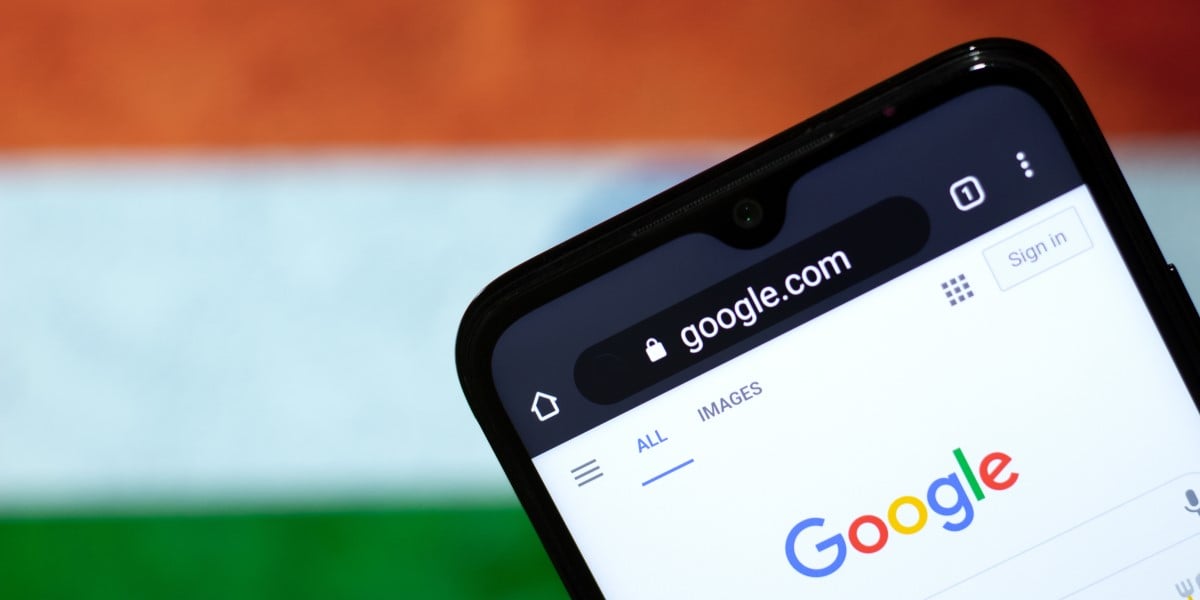Google's Special Android For India Revealed

After an approximate two-month delay but in time for India's biggest holiday, Diwali*, Google and giant Indian telco Jio are finally making good on their promise to offer an India-exclusive budget 4G Android.
Unlike Jio's solo endeavors, the Jio Phone and Jio Phone 2, the joint venture Jio Next has a proper touchscreen of 5.45 inches. It runs off the Indian-built Pragati OS, which is likely to be a skin on top of the barebones version of Android – Android Go. The device has 2GB RAM and 32GB in-built storage and runs off a Qualcomm Snapdragon QM215.
Features include in-built translation into a language of choice, including 10 Indian languages, thus opening the ubiquitous English content to a much broader audience, a read aloud feature, a camera and voice user activation. The device supports all available Android apps accessible through Google Play, although its hardware may limit some choices.
But the real feature is its price point, which Google promised in June would "open up new possibilities for millions of new users who will experience the internet for the very first time."
Speculation abounded as to which price the long-awaited phone would be offered for. And as it turns out, the entry price for the Jio Phone Next is at ₹1,999 ($27, A$35) with another required 18 to 24 monthly instalments that depend on the telco data plan accompanying it. Upfront it will cost around 6,500 Indian rupees ($87, A$116).
For comparison, the telco's 2017 Jio Phone sold for around ₹1,855 ($25, A$33) and the Jio Phone 2, resembling a 2005-era Blackberry that runs some apps but has no touch screen, went for about ₹3,000 ($40, A$53).
- South Korea fines Google ₩207 billion for forking up attempts at creating Android variants
- Google’s made-for-India cut of Android and the one phone that runs it delayed by chip shortages, testing
- The data must flow! Facebook and Google funding Apricot – a 12,000-kilometre sub cable across South-East-Asia
- Google creates 'optimized' Android for one smartphone — that will only be sold in India
- Indian mega-corp Tata unveils surprise 5G networking business
Google and Jio, the most popular mobile carrier in India, also promise that the new smartphone is geographically accessible to every Indian, as the network of sellers tallies over 30,000.
"I am delighted that Google and Jio teams have succeeded in bringing this breakthrough device to Indian consumers in time for the festival season, in spite of the current global supply chain challenges caused by the Covid pandemic," said Mukesh D Ambani, managing director of Jio's parent company Reliance Industries.
Indeed, Ambani is right – component shortages caused smartphone shipments to dip in Q3 as global supply chain issues ravaged on. ®
* The festival of lights lines up with the Hindu lunisolar calendar, so it falls at a different time every year on the Gregorian calendar. This year it's on 4 November.
From Chip War To Cloud War: The Next Frontier In Global Tech Competition
The global chip war, characterized by intense competition among nations and corporations for supremacy in semiconductor ... Read more
The High Stakes Of Tech Regulation: Security Risks And Market Dynamics
The influence of tech giants in the global economy continues to grow, raising crucial questions about how to balance sec... Read more
The Tyranny Of Instagram Interiors: Why It's Time To Break Free From Algorithm-Driven Aesthetics
Instagram has become a dominant force in shaping interior design trends, offering a seemingly endless stream of inspirat... Read more
The Data Crunch In AI: Strategies For Sustainability
Exploring solutions to the imminent exhaustion of internet data for AI training.As the artificial intelligence (AI) indu... Read more
Google Abandons Four-Year Effort To Remove Cookies From Chrome Browser
After four years of dedicated effort, Google has decided to abandon its plan to remove third-party cookies from its Chro... Read more
LinkedIn Embraces AI And Gamification To Drive User Engagement And Revenue
In an effort to tackle slowing revenue growth and enhance user engagement, LinkedIn is turning to artificial intelligenc... Read more

